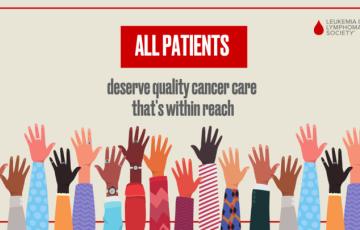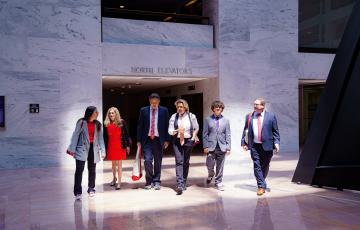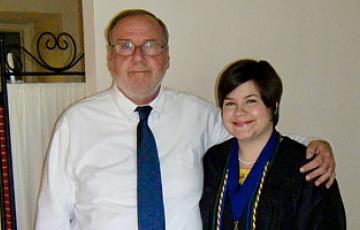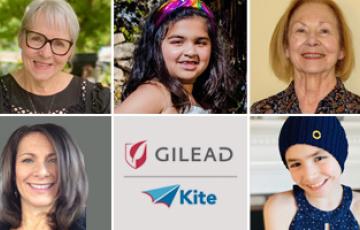Search Results
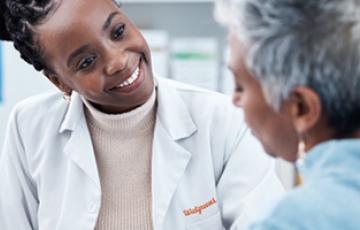
Shop Online and In-Store at Walgreens to Support LLS
The Leukemia & Lymphoma Society (LLS) and Walgreens are in your corner.
Since 2019, Walgreens has helped to raise more than $30 million for LLS and Susan G. Komen, all with a clear goal in mind: to advance research for tough-to-treat cancers and increase equitable access to care.
Supporting development of dimericons (crosslinked helix dimers) for blood cancers
In May 2023, LLS made an equity investment in Dimericon to "Support development of dimericons (crosslinked helix dimers) for blood cancers." 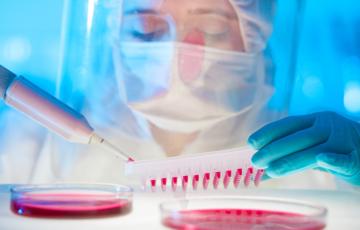
The History of Leukemia
Table of contents
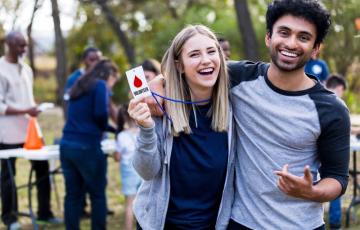
Because You Volunteer, Your Impact Creates a Ripple Effect
When you commit time and talent to a nonprofit’s mission – no matter how you choose to get involved – you become a volunteer, and the impact of your efforts runs far deeper than the specific project or task you work on. For example, volunteers don’t always realize that the hours they spent stocking shelves meant hundreds of families would have food for two weeks. Or that the time spent fundraising not only raised critical mission dollars but also added value upward of $1,250 to the organization’s bottom line.
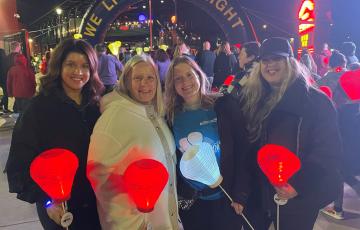
“People Just Didn’t Get It”: Treating Young Adults with Cancer
Think of spring break: warm sunny skies, a refreshing drink, and hopefully, a feeling of freedom.

Volunteers: The Engine Powering LLS’s Mission
I was always aware that volunteers with The Leukemia & Lymphoma Society (LLS) drive impact for blood cancer patients and families. But it wasn’t until Thanksgiving Day 2007 that I discovered the full force of their power. My wife, Holly, had recently been diagnosed with follicular lymphoma and our family was still reeling from the news. She was feeling quite ill, and we were exhausted with worry and trying to keep life as normal as possible for our two young children.
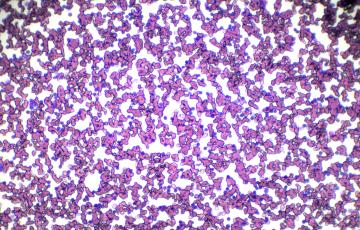
Predisposing factors to leukemia
Table of contents:
Ask the Doctor Part 2: Five Questions about Lymphoma
Lymphoma survivor, Jessica Melore talks to Dr. Nichols about the Latest in Lymphoma Research and Treatment
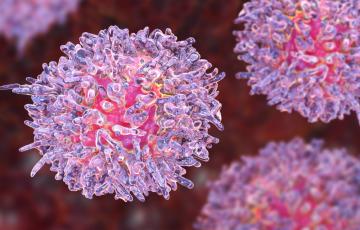
“Stages” of Leukemia: Understanding Classification and Progression
Table of contents
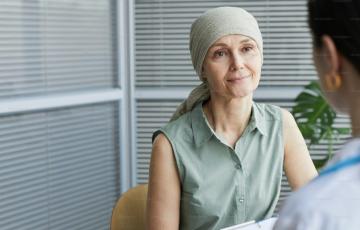
Beyond the diagnosis: How employers can champion employees facing cancer
“When someone faces cancer, they shouldn't have to go it alone.” – Orlando Ashworth, CPO, LLS
Cancer doesn’t just impact an individual. It sends ripples through families, friendships, and workplaces.
Epoetin alfa
Epoetin alfa is indicated for
- Treatment of anemia due to the effects of concomitant myelosuppressive chemotherapy, and upon initiation, there is a minimum of two additional months of planned chemotherapy
- Reduction of allogeneic red blood cell transfusions in patients undergoing elective, noncardiac, nonvascular surgery.
Epogen is not indicated for use:
Ask the Doctor Part 3: Five Questions about Myeloma
Myeloma Survivor, Sharon Clark Talks to Dr. Nichols about the Latest in Myeloma Research and Treatment
Carboplatin
Carboplatin is FDA approved to treat people who have certain kinds of cancer, including some blood cancers. Carboplatin may cause temporary loss of hair during treatment. Normal hair growth should return after treatment ends.

